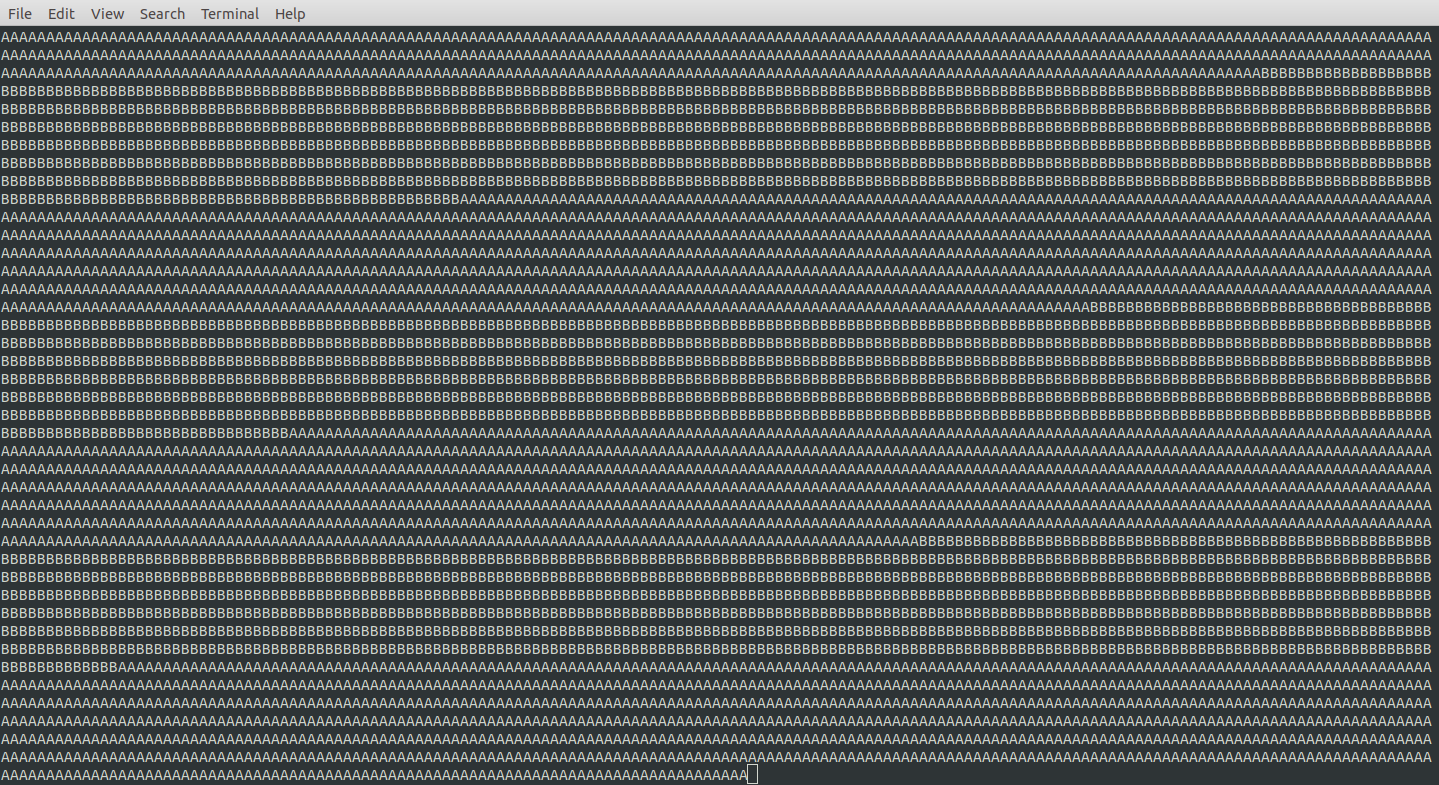I have to create a program that synchronizes two processes each printing only a single letter so that whenever we observe the output of the program, the difference between the amount of "A" and "B" is no greater than 2.
So this would be accepted:
BAABBAABBABA
this wouldn't be because it prints 4 B's and only 2 A's:
ABBABB
So for starters i decided to use the POSIX semaphores.
I created two semaphores , giving them all the permissions using the sem_open
Then i created two child processes and for each child process i open the semaphores i created as described in the man page for sem_open and manipulate them.
I don't think it's the logic of the sem_post and sem_wait that's at fault here, since the program seems to ignore them.
So my question is. What goes wrong?
Edit: I don't really need the solution to the problem. Some guidance alone would be much appreciated and welcoming as an answer. Thank you in advance!
#include <sys/stat.h>
#include <sys/types.h>
#include <fcntl.h>
#include <stdio.h>
#include <unistd.h>
#include <stdlib.h>
#include <ctype.h>
#include <sys/wait.h>
#include <fcntl.h>
#include <semaphore.h>
int main(void){
sem_t *semA = sem_open("/semA", O_CREAT|O_EXCL, S_IRWXU | S_IRWXG | S_IRWXO, 0); //Initialize semaphore(= 0) for process A
sem_t *semB = sem_open("/semB", O_CREAT|O_EXCL, S_IRWXU | S_IRWXG | S_IRWXO, 0); //Initialize semaphore(= 0) for process B
if (fork()){ // parent process
if(fork()){}
else{
sem_t *childsemA = sem_open("/semA", 0);
sem_t *childsemB = sem_open("/semB", 0);
while(1){
printf("A");
sem_post(childsemB);
sem_wait(childsemA);
}
}
}
else{
sem_t *childsemA = sem_open("/semA", 0);
sem_t *childsemB = sem_open("/semB", 0);
while(1){
printf("B"); // child2 process
sem_post(childsemA);
sem_wait(childsemB);
}
}
return 0;
}
Output:


sem_open()to open named semaphores; these are shared between processes. – Secunderabadfflush(stdout);after eachprintf()to have the C library emit the letters to the actual standard output. – SecunderabadchildsemAandchildsemB, just use thesemAandsemBthat was opened by the parent. – Moorfowlwait(0);calls in parents – Gardening